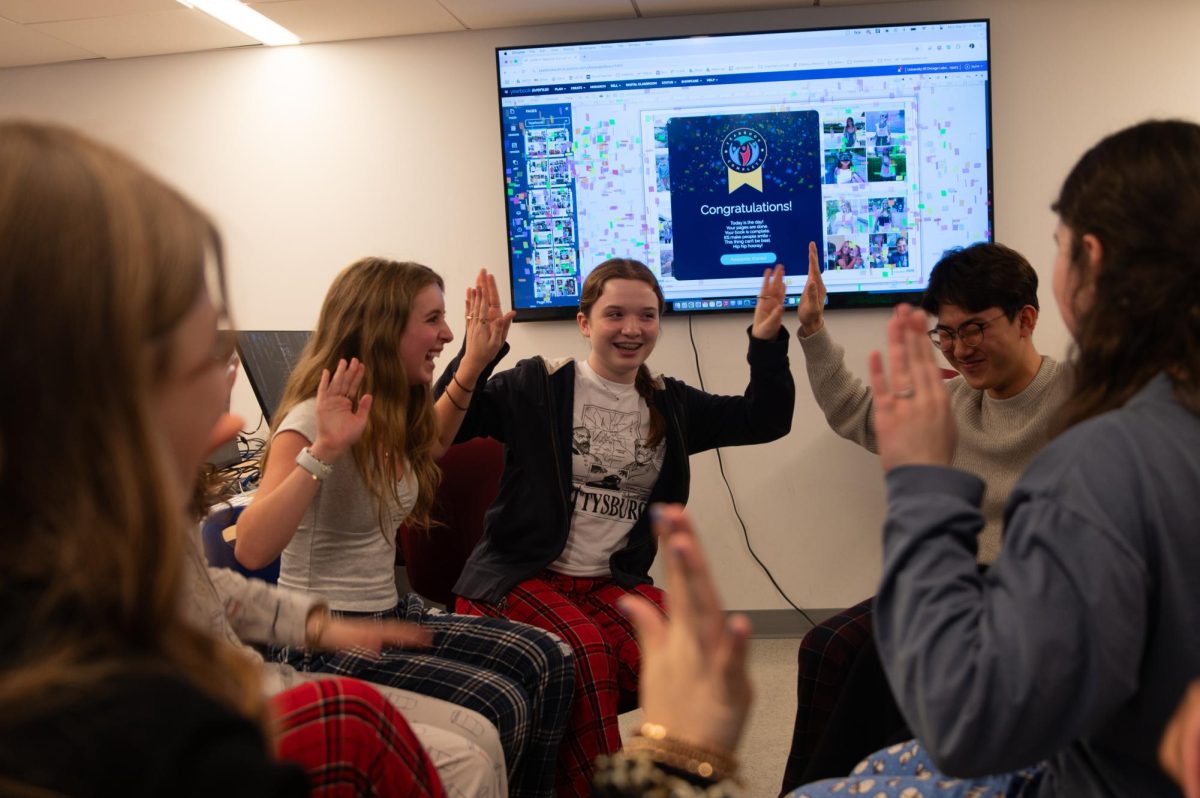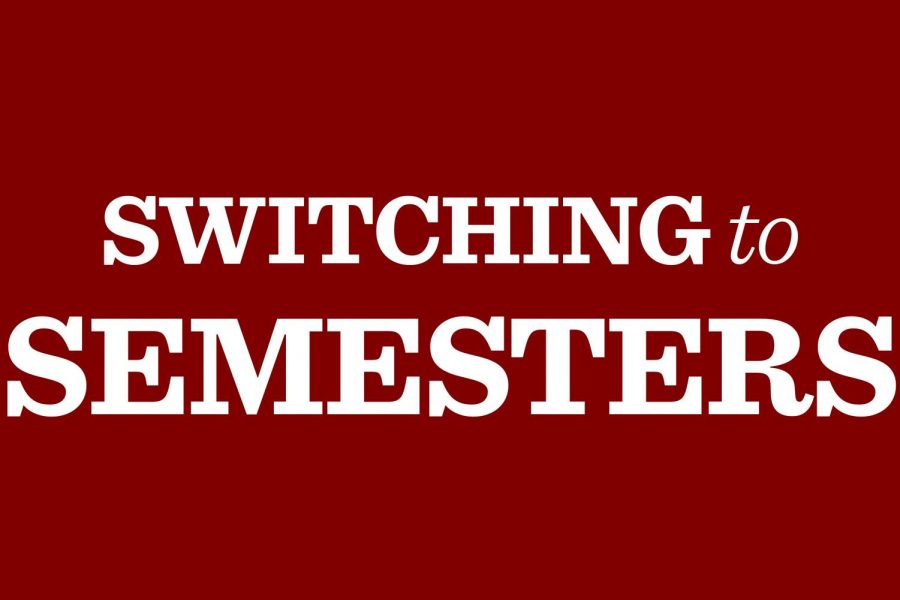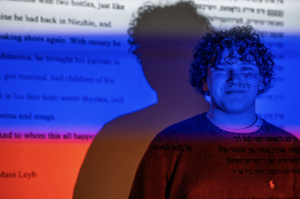Weber moves forward with semester system; faculty votes for equal-length option
December 5, 2018
By a substantial majority, the high school faculty recommended to Principal Stephanie Weber that the school adopt a semester system with terms of equal lengths beginning in the 2019-20 school year. The endorsement vote took place after a presentation about the pros and cons of two semester options at a faculty meeting Dec. 5.
The faculty had recommended switching from quarters to semesters during its Nov. 7 meeting but had postponed a decision about the two calendar models.
In an interview, Ms. Weber said she is moving forward with a semester system and will use the faculty vote and student input to decide which semester calendar model would work best.
The alternative calendar model, which the faculty did not endorse, would have semesters of different lengths with the first term ending before winter break in December.
Ms. Weber was present at the faculty meeting where the vote took place. During the meeting, she conveyed student concerns about the semester switch.
According to science teacher Elizabeth Hubin, the primary concern addressed at the meeting was about the possibility of teachers giving homework over breaks.
“The teachers have discussed the policies that would be enacted in order to ensure that there would be no work over breaks. That includes truly having a conclusion for assignments, and not even presenting or hinting at what’s to come,” Dr. Hubin said. “There is already a policy that we don’t assign homework over break. I would not be surprised if the policy is more actively enforced given student concern.”
A common argument for the calendar model was that equal terms would help with having better pacing throughout the school year for both teachers and students.
The constant breaks in the fall make it hard for teachers to find their stride in the year, Dr. Hubin said. She expected that some of the pacing issues would be remedied by switching the calendar.
Despite some members of faculty being against the calendar with terms of equal lengths, almost all faculty members seemed open to both models, according to Dr. Hubin.
“It was interesting how quickly we came to a consensus,” Dr. Hubin said. “There were people with strong opinions, but almost everyone said that they willing to work with either calendar.”
Ms. Weber is also unsure of whether or not the calendar change will take place next year.
“The priority is making a well informed decision rather than rushing the decision or forcing the decision to be next year,” Ms. Weber said.































































